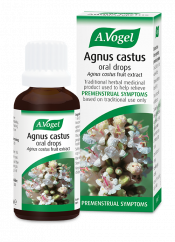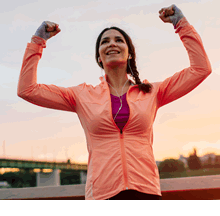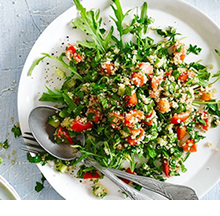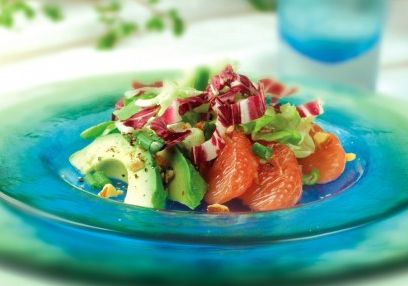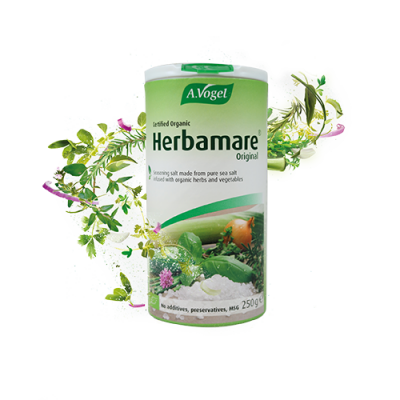Plastic contains chemicals such as BPA and phthalates which are classed as endocrine-disrupting chemicals (EDCs). These can mimic or block natural hormones in our bodies and can contribute to hormonal imbalances. Some EDCs found in plastic act as xenoestrogens which mimic oestrogen and contribute to PMS and period pain.
Is plastic a hormone disruptor?
There is no doubt that plastic is a hormone disruptor. It is classed as an endocrine-disrupting chemical (EDC) and there is a huge amount of scientific research now, thousands of papers, more than I could possibly reference, clearly demonstrating that repeated exposure to these compounds can be detrimental to our bodies, most specifically to our endocrine system.
These EDCs mimic our hormones and many of them act in a similar way to oestrogen in the body, which is why they are often called xenoestrogens, xeno meaning foreign. They can also mimic thyroid hormones, and androgens, and have been linked with endocrine diseases like diabetes. (1) There is more research coming out about how these EDCs affect more than just our hormones though, with immune function and obesity being part of the bigger picture too. (2)
Having these foreign hormone disruptors in our bodies can put the delicate balance of our own natural hormones out of whack very easily.
How plastic contributes to PMS and period pain
Some of the compounds in plastics, like BPA, PCBs, and phthalates, are xenoestrogens and act like oestrogen in our bodies, locking into our cells and thus blocking the oestrogen produced by our bodies. This means there are then higher levels of circulating oestrogen, which thickens the uterine lining, making our periods heavier and often more painful. The thicker the uterine lining, the more cramping occurs in the shedding process which we call our periods.
These xenoestrogens from plastic can also contribute to what is called oestrogen dominance: an excess of oestrogen in the body, which is associated with a lot of symptoms of PMS, including mood swings, anger and irritability, painful breasts, bloating, and headaches. (3)
PMS and period pain is just one of the side effects of overexposure to plastic. Early puberty and early menopause have also been associated with EDC exposure, as well as fertility problems, conditions like endometriosis, uterine fibroids, and polycystic ovary syndrome. And if you are pregnant or have children it is worth noting that these EDCs are especially harmful during developmental years.
How to reduce your exposure to hormone-disrupting plastics
Here are some quick and easy ways to reduce your exposure:
- Avoid heating plastic
When plastic is heated, especially when it is heated with any fat, more of these EDCs leech into our food or drink. So, ditch the lid on your disposable coffee cup, take ready-made meals out of plastic before cooking them, and don't drink out of plastic bottles, especially if they have been sitting in the sun (which may have happened before you got your hands on it in the shops!)
- Take the plastic off our food before putting it in the fridge
If you buy food that is covered in plastic, take it out of the bag and store it in a glass container or directly on the glass shelf in your fridge.
- Shop in a bulk store or farmer's market
It is even better to avoid plastic touching your food at all. Farmer's markets and bulk food stores are becoming more common as the world becomes more eco-friendly; so, take advantage of the new greener mindset to help your hormones and period problems too!
- Ditch the plastic Tupperware
I attended quite a few Tupperware parties in the 90s; does anyone else remember those? We loved those plastic Tupperware containers in my house, but now I opt for glass jars and glass storage containers instead of plastic.
- Get a non-toxic yoga mat
Most yoga mats are made from plastic and could be covering your hands and feet in EDCs while you are in downward facing dog. Your exposure to EDCs in yoga could be even higher if you do hot yoga! There are some lovely brands that make natural rubber and cork mats that are toxin free and are generally a better bet for your yoga practice
- Wash your hands
There are many of these EDCs that are just unavoidable in this day and age. I'm particularly aware of this as I type up this blog on a plastic keyboard. So, washing our hands regularly, and especially before we eat, is a good idea! Hand hygiene isn't just important for avoiding viruses, it is also important to wash our hands to remove unavoidable toxins that may be present there, including endocrine-disrupting hormones.
There are so many more ways to reduce plastic exposure. Let me know what you do to avoid plastic in the comments below!
My top tip:
If you are dealing with symptoms of excess oestrogen, Agnus castus can help, alongside reducing your exposure to plastic.
Agnus castus | Helps Relieve Pre-Menstrual Symptoms | Mood Swings, Menstrual Cramps, Bloating & Breast Tenderness
£11.99 (50ml) In Stock Get it tomorrow, 9th May.


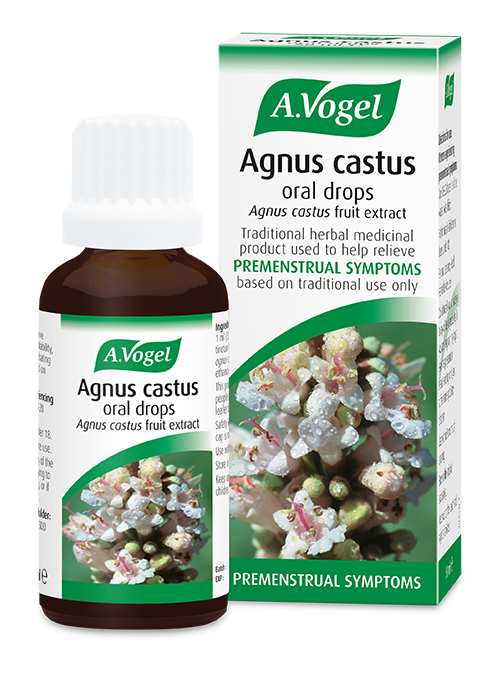
 Looking for our products in a store near you?
Looking for our products in a store near you?
